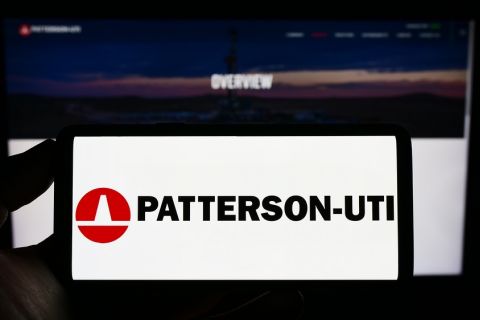
(Source: Marian Weyo/Shutterstock.com)
Europe’s second highest court on May 20 rejected a challenge by the operators of the Nord Stream 1 and Nord Stream 2 pipelines against European Union gas rules, saying it was up individual member states to enforce them.
Nord Stream 2, designed by Russia’s Gazprom to increase direct shipments to Europe, will carry gas from Russia to Germany under the Baltic Sea.
The Swiss-based operating company Nord Stream 2 had said the EU rules, which require separate companies to build, operate and own pipelines, would weaken the basis for funding the project. It turned to the courts to annul a relevant EU gas directive amendment adopted last year.
The general court on May 20 dismissed the challenge, saying the directive amendment did not directly affect the pipeline and responsibility for enforcing the relevant EU law lay with the member states.
“Concerning both Nord Stream 2 AG and Nord Stream AG, the General Court finds that they (the companies) are not directly concerned,” the court said in a statement.
Nord Stream 2 said it was analyzing the ruling and had the option to file an appeal within two months.
“The court has not rejected our claim on substance, in particular that the amendment of the Gas Directive constitutes an unlawful discrimination of Nord Stream 2. Therefore, we maintain our claim,” it said in a statement.
Germany’s energy regulator on May 15 declined to grant a waiver of the directives for the section that runs through German territory.
Nord Stream 2 is wholly owned by the Russia’s Gazprom, and is responsible for the planning, construction and operation of the Nord Stream 2 pipeline, which is expected to open around early 2021 after numerous delays.
50% of the funding is provided by Germany’s Uniper and BASF’s Wintershall unit, as well as Anglo-Dutch oil major Royal Dutch Shell, Austria’s OMV and France’s Engie.
Recommended Reading
President: Financial Debt for Mexico's Pemex Totaled $106.8B End of 2023
2024-02-21 - President Andres Manuel Lopez Obrador revealed the debt data in a chart from a presentation on Pemex at a government press conference.
From Restructuring to Reinvention, Weatherford Upbeat on Upcycle
2024-02-11 - Weatherford CEO Girish Saligram charts course for growth as the company looks to enter the third year of what appears to be a long upcycle.
TechnipFMC Eyes $30B in Subsea Orders by 2025
2024-02-23 - TechnipFMC is capitalizing on an industry shift in spending to offshore projects from land projects.
NOV's AI, Edge Offerings Find Traction—Despite Crowded Field
2024-02-02 - NOV’s CEO Clay Williams is bullish on the company’s digital future, highlighting value-driven adoption of tech by customers.
Patterson-UTI Braces for Activity ‘Pause’ After E&P Consolidations
2024-02-19 - Patterson-UTI saw net income rebound from 2022 and CEO Andy Hendricks says the company is well positioned following a wave of E&P consolidations that may slow activity.




